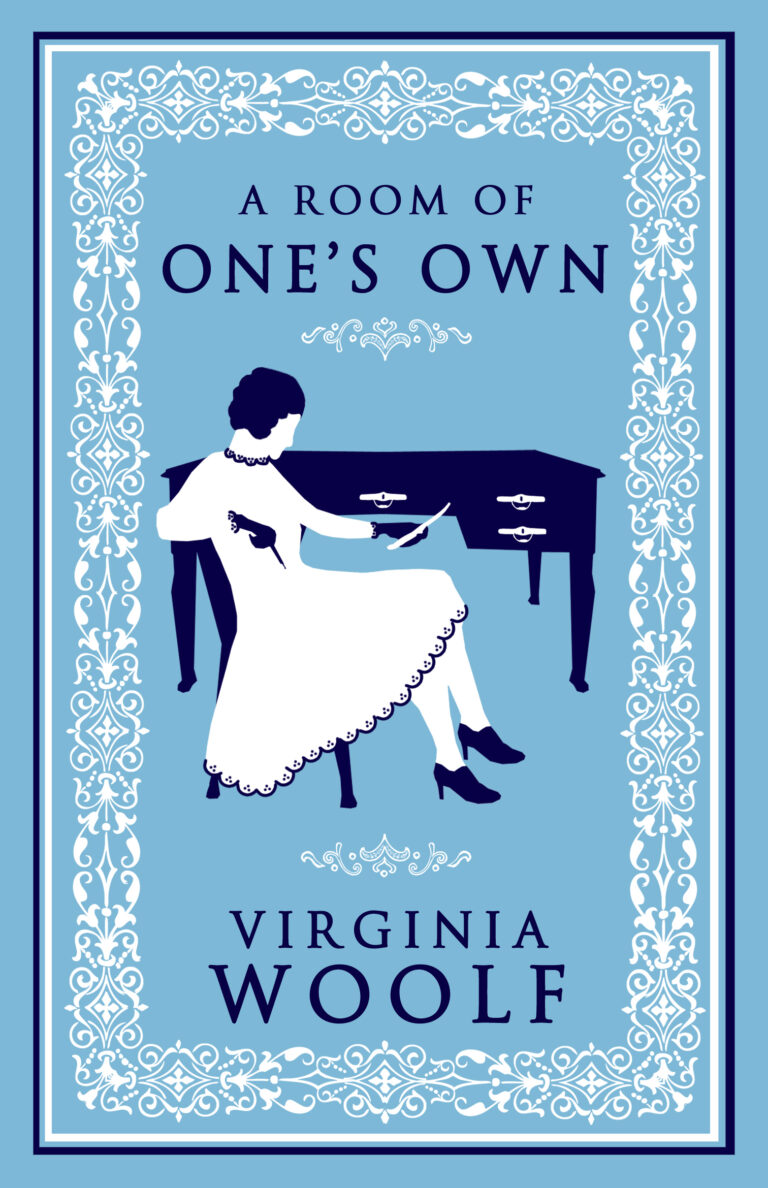
In October 1928 Virginia Woolf was asked to deliver speeches at Newnham and Girton Colleges on the subject of ‘Women and Fiction’; she spoke about her conviction that ‘a woman must have money and a room of her own if she is to write fiction’. The following year, the two speeches were published as A Room of One’s Own, and became one of the foremost feminist texts. Knitted into a polished argument are several threads of great importance – women and learning, writing and poverty – which helped to establish much of feminist thought on the importance of education and money for women’s independence. In the same breath, Woolf brushes aside critics and sends out a call for solidarity and independence – a call which sent ripples well into the next century.

